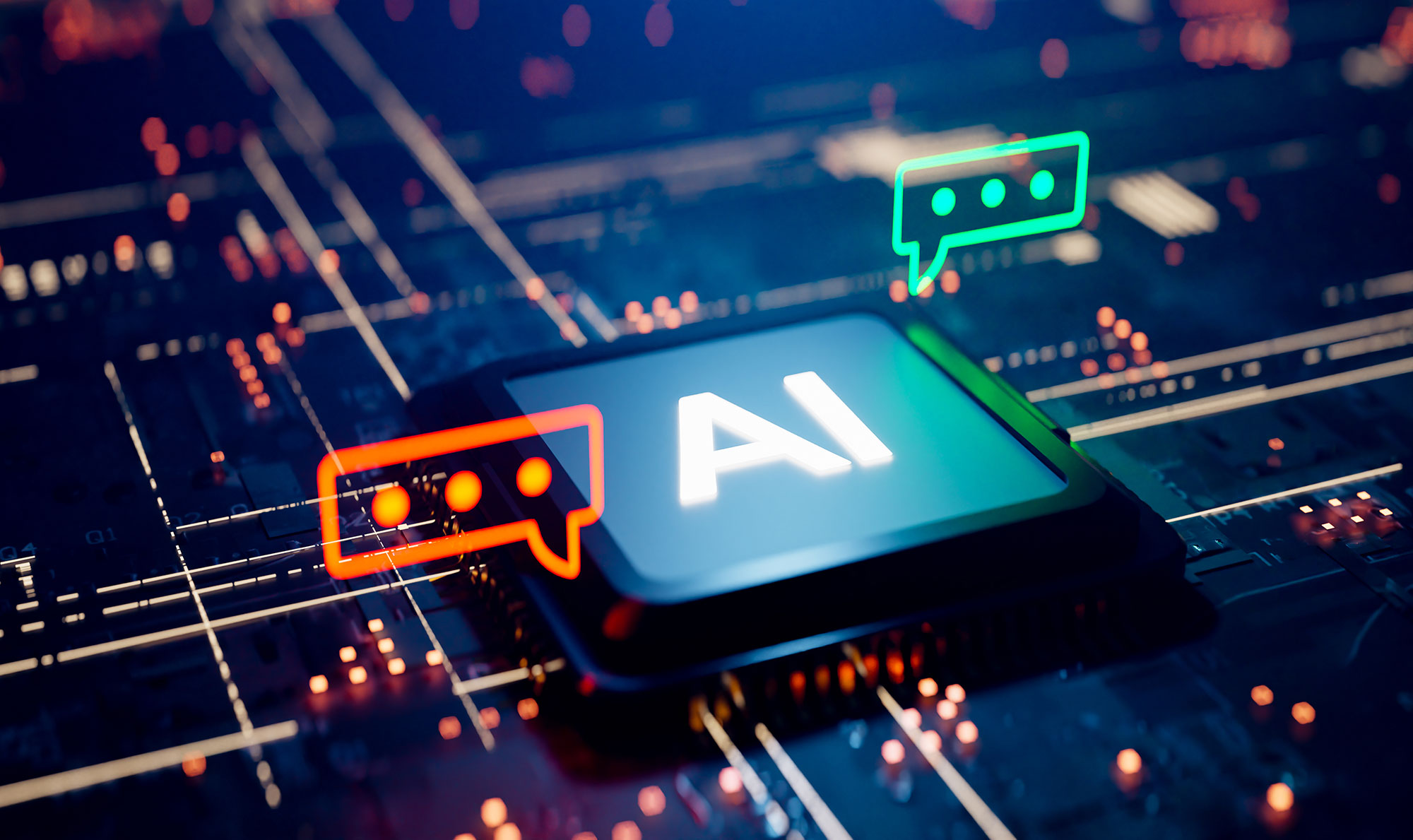- With the help of AI technology, students can receive transcriptions, text-to-speech capabilities, and other aids that facilitate their learning process.
In today's world, where Artificial Intelligence (AI) is rapidly advancing, it becomes crucial to integrate this transformative technology into our daily lives.
One area that deserves particular attention is education, as embracing AI in schools can equip students and teachers with essential skills, ultimately enhancing teaching methods and fostering a more efficient and inclusive educational system.
First and foremost, AI holds vital importance in preparing students for future challenges. It has already proven its ability to revolutionize education by offering personalized learning experiences and providing real-time lecture feedback.
By incorporating AI into classrooms, students can benefit from tailored lessons that cater to their individual learning needs, ensuring a more effective and engaging education.
Moreover, AI can substantially impact students and teachers with disabilities, making education more inclusive.
With the help of AI technology, students can receive transcriptions, text-to-speech capabilities, and other aids that facilitate their learning process.
This inclusive approach creates a more accessible and supportive learning environment for all individuals, regardless of their abilities.
In addition to its impact on individual students, embracing AI in education can bridge the gap between countries and continents, facilitating global learning experiences.
AI-powered platforms enable students and teachers worldwide to connect, fostering collaborative projects and cultural exchanges. This interconnectedness broadens horizons, promotes understanding, and prepares students to thrive in a globalized society.


-1770826318-md.jpg)



-1770803686-md.png)

-1770826318-sm.jpg)



-1770803686-sm.png)